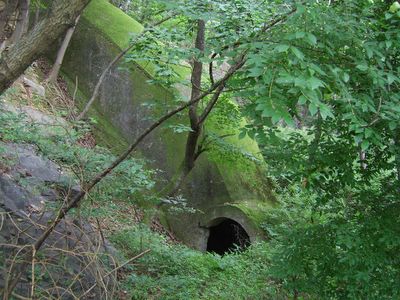At the early 20th century, Japanese were constructing railway past 경산 Gyeongsan. The railway connected 부산 Busan, the major port of southern Korea and 서울 Seoul. Then, the country name was 조선 Joseon, not Korea. Joseon was the traditional kingdom and hermit country. People cared nothing either for western capitalism or for industrialization.
One of Joseon's neighbors, Japan was totally different though. They accepted the western culture actively and began to industrialize earlier than the other countries in Asia. The political situation around Joseon didn't allow it to remain peacefully any longer. Britain, Japan, China, Russia, America, and France were engaged in the diplomatic and military struggle for hegemony in Joseon. Especially the three countries surrounding Joseon, Japan, China, and Russia were more active and aggressive. Out of all them, Japan didn't conceal the conspiracy to colonize Joseon. Finally, Japan opened two wars against China and Russia and defeated them.
In 1910, Japan annexed and colonized Joseon against the will of the Joseon people. Many Japanese crossed the sea. Some also arrived at Gyeongsan by train. Japanese completed the construction of railway 5 years earlier before colonization. Japanese in Gyeongsan built their own houses and cultivated land to grow various fruits. Besides, they found cobalt in the mountain near Gyeongsan. Cobalt is a very important material for ammunition industry, which is used for manufacturing rifles and canons. Japanese built a large-scale refinery facility at the nearby cobalt mine. The refined cobalt was transported to Gyeongsan station by cable and to Busan by train. The final destination was ammunition factories in Japan. The picture above is somewhere in the ruins of refinery facility.
After Japan was defeated in World War Two, Korea was liberated from Japan on August 15, 1945, and Japanese living in Gyeonsan left all their properties including their houses, orchards and cobalt mine, and returned to Japan. But the situation was not acceptable and incredible to many of them, so they thought they would come back their old homes in Korea as soon as possible but their dreams didn't come true.
Time has passed. Now the lingering traces of colonial age still remain and show us what the delusion of Japanese imperialism was like.
